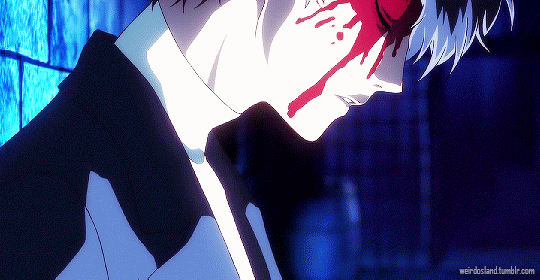


What Project L Borrowed From Other Fighting GamesĪt first glance, the new Project L footage is immediately striking thanks to its new art style. RELATED: Blizzard Can Learn A Lot from Riot's Arcane Show Fortunately, Project L is going in a whole new direction, and it looks to be taking inspiration from the best sources the fighting game genre has to offer. Rising Thunder was, and still is in its freeware form, a competent traditional fighting game, but may felt it would be underwhelming if translated to Project L as it was. Radiant was helmed by Tom and Tony Cannon, founders of the EVO championship and creators of GGPO rollback netcode, but the only game the team has made is the cancelled Rising Thunder. The prospect of a fighter made with Riot’s money, online infrastructure, e-sports support, and star property was definitely an appealing one, but no one knew what form it would take. League fans and the fighting game community alike weren’t sure what to expect from the upcoming fighting game. Appropriately, it has returned as part of the festivities celebrating the first season of Arcane, the animated League of Legends show at the same event. It was announced alongside many other new ventures for League and Riot, but Project L still managed to stand out as the first seriously competitive fighting game spin-off of an existing American game franchise. First teased at EVO 2019, Project L was formally announced at the League of Legends 10th Anniversary livestream later that October. After two years of waiting, Riot Games’ and Radiant Entertainment’s upcoming League of Legends fighting game has finally been re-introduced to the world.


 0 kommentar(er)
0 kommentar(er)
